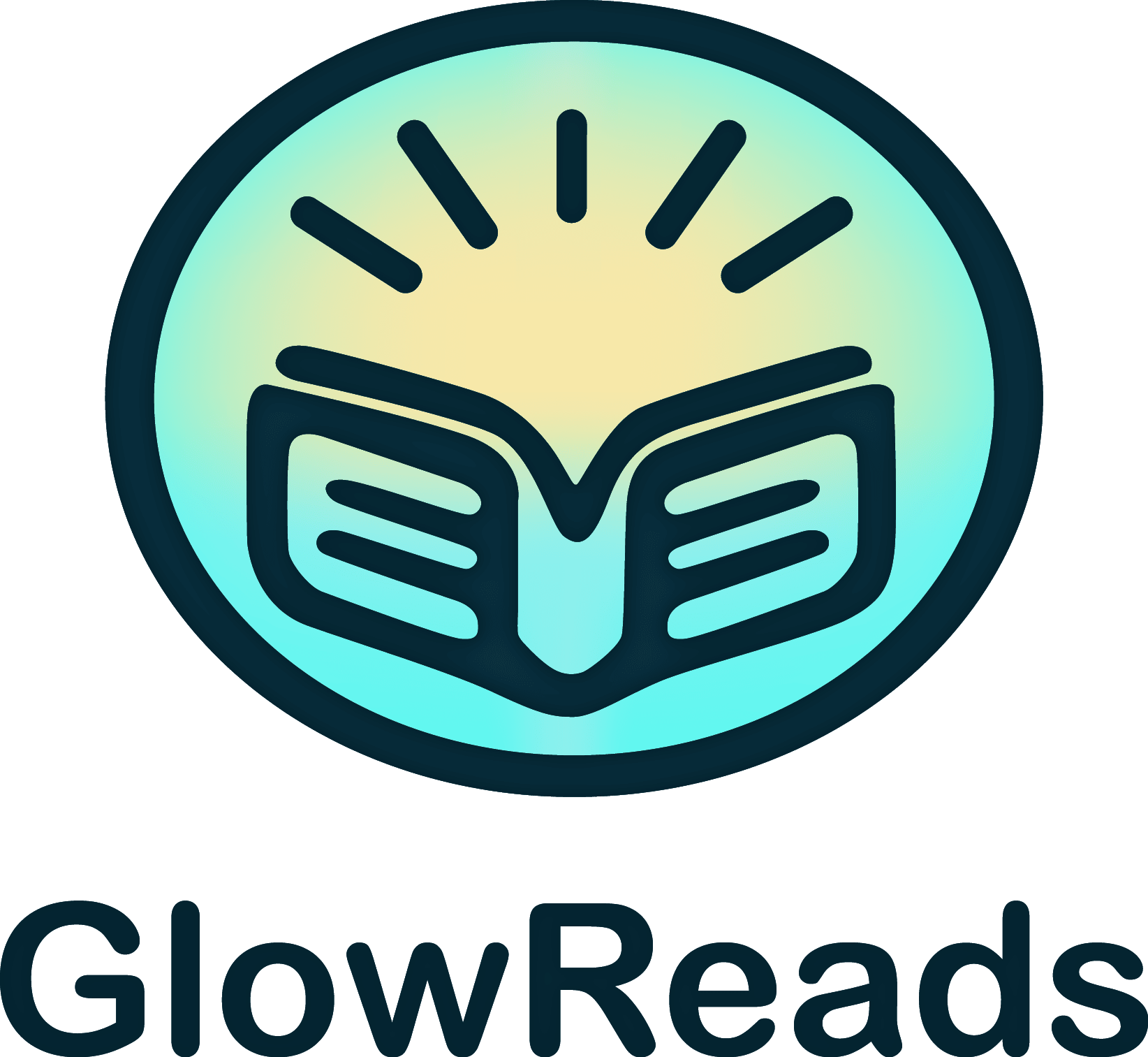Introduction: Influential non-fiction authors are those whose works have left a significant impact on readers and have shaped our understanding of various subjects. These authors are celebrated for their ability to blend rigorous research with engaging storytelling, offering readers profound insights and valuable knowledge. By engaging with the works of these authors, readers can explore diverse topics, expand their horizons, and gain a deeper appreciation for the complexities of the human experience. Here, we highlight ten influential non-fiction authors whose contributions have defined the genre and continue to inspire readers worldwide.
Key Characteristics of Non-Fiction Authors: Influential non-fiction authors are known for their meticulous research, engaging narratives, and ability to present complex ideas in an accessible and compelling manner. These authors often draw on extensive research, interviews, and firsthand accounts to ensure accuracy and authenticity in their works. Their books explore a wide range of themes, from history and science to personal memoirs and social issues, providing readers with both entertainment and enlightenment. Non-fiction authors blend factual information with creative storytelling, creating narratives that are both informative and engaging, offering readers valuable insights and new perspectives on the world around them.
Influential Non-Fiction Authors:
- Yuval Noah Harari: Celebrated for his thought-provoking explorations of history, science, and the future in works such as “Sapiens,” “Homo Deus,” and “21 Lessons for the 21st Century,” Harari’s engaging narratives and profound insights have earned him critical acclaim and a wide readership.
- Malcolm Gladwell: Known for his ability to distill complex social science research into engaging and accessible narratives, Gladwell’s works, including “The Tipping Point,” “Outliers,” and “Blink,” explore themes of psychology, sociology, and success.
- Tara Westover: Renowned for her memoir “Educated,” Westover’s compelling narrative about her journey from an isolated and abusive upbringing to academic success has resonated with readers worldwide, offering insights into resilience, education, and personal growth.
- David McCullough: Celebrated for his meticulously researched and engaging historical narratives, McCullough’s works, including “John Adams,” “1776,” and “The Wright Brothers,” bring history to life and offer valuable insights into the lives of notable figures.
- Michelle Obama: Known for her memoir “Becoming,” Obama’s engaging and inspirational narrative about her life, career, and time as First Lady has earned critical acclaim and touched the hearts of readers worldwide.
- Jon Krakauer: Renowned for his gripping and meticulously researched accounts of adventure and survival, Krakauer’s works, including “Into the Wild,” “Into Thin Air,” and “Under the Banner of Heaven,” explore themes of risk, resilience, and the human spirit.
- Rebecca Skloot: Celebrated for her investigative narrative “The Immortal Life of Henrietta Lacks,” Skloot’s work brings to light the ethical and medical issues surrounding the use of Henrietta Lacks’s cells in scientific research, blending science, history, and biography.
- Trevor Noah: Known for his memoir “Born a Crime,” Noah’s engaging and humorous narrative about his experiences growing up in apartheid and post-apartheid South Africa offers valuable insights into race, identity, and resilience.
- Erik Larson: Renowned for his ability to blend historical research with narrative storytelling, Larson’s works, including “The Devil in the White City,” “Dead Wake,” and “In the Garden of Beasts,” offer gripping and immersive accounts of historical events.
- Cheryl Strayed: Celebrated for her memoir “Wild,” Strayed’s compelling narrative about her solo hike along the Pacific Crest Trail explores themes of grief, healing, and personal transformation, resonating with readers seeking inspiration and resilience.
Conclusion: Influential non-fiction authors have made lasting contributions to the genre, creating works that continue to resonate with readers and shape our understanding of various subjects. By engaging with the works of these influential voices, readers can explore diverse topics, expand their horizons, and gain a deeper appreciation for the complexities of the human experience. These non-fiction authors have defined the genre with their meticulous research, engaging narratives, and profound insights, making their works essential reading for anyone interested in learning more about the world and the people in it.
